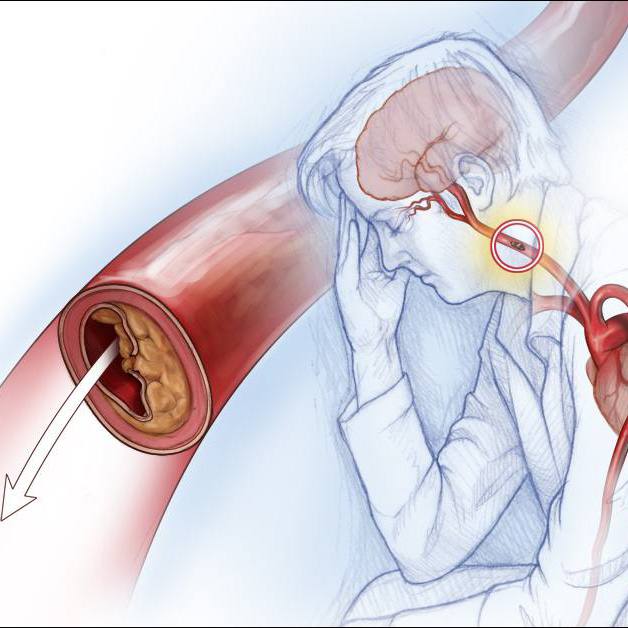-
Mayo Clinic Minute: What is inflammatory bowel disease?
Inflammatory bowel disease (IBD) affects an estimated 1.6 million Americans. In fact, there are more than 70,000 new cases of IBD in the United States each year, according to the Crohn's & Colitis Foundation.
IBD is a chronic condition that causes inflammation in the digestive tract, but it can also affect other areas of the body. Crohn’s and Colitis (both classified as IBD) Awareness Week is observed each year from Dec. 1-7.
Dr. Victor Chedid, a Mayo Clinic gastroenterologist, explains what IBD is and how symptoms can be managed.
Journalists: Broadcast-quality video (1:02) is in the downloads at the end of this post. Please courtesy: "Mayo Clinic News Network." Read the script.
People often associate IBD with the bathroom because of its symptoms, but it's a serious and chronic condition. There are two main types of IBD: Crohn's disease and ulcerative colitis.
"Ulcerative colitis only impacts the colon and causes inflammation in the entire colon, while Crohn's disease can impact anywhere from the mouth to the anus," says Dr. Chedid.

Patients often experience diarrhea, rectal bleeding, fatigue, weight loss, and stomach and joint pain.
"Some patients might develop what we call extraintestinal manifestations of their inflammatory bowel disease. And these can impact other organs. That means organs that are beyond the intestines," explains Dr. Chedid.
There is no cure and no exact cause for IBD, but there are medications to reduce inflammation. Also, watching what you eat can help alleviate some symptoms.
"We have to have a focus on diets that are high in anti-inflammatory foods and antioxidants, and low in foods that are processed that can be proinflammatory," says Dr. Chedid.
Treatments to manage inflammatory bowel disease
- Anti-inflammatory drugs
- Immune system suppressors
- Biologics
- Antibiotics
- Nutrition therapy
- Surgery
Related posts:
- Do you know the signs of IBD?
- Treating Crohn's disease and ulcerative colitis.
- Living with Crohn's disease and colitis.
- Can diet help with inflammatory bowel disease?
Related Articles







